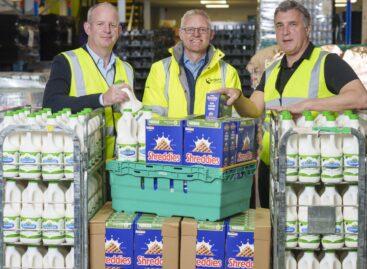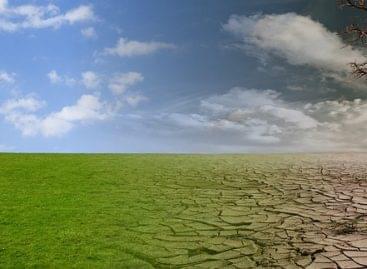The already terrible famine in the world is increasing, due, among other things, to the Russian-Ukrainian war. The possible shutdown of the chemical company BASF threatens with a shortage of fertilizers and a food crisis.
Russian gas exports to Europe fell by 30-50 percent on average in the last 1.5-2 weeks of June, as Russia is cutting off European countries from its gas transit one by one. On the one hand, this foreshadows a general energy crisis, and on the other, it also threatens that the chemical and fertilizer industry will not have access to a sufficient amount of raw materials. In the past few days, this has also affected one of the world’s largest chemical suppliers, BASF.
The company’s managers – who have never faced such a situation before – are currently thinking about the scenario in which the complex could be shut down.
Of course, the shutdown would not only affect the company and its 39,000 employees in Germany, but it would practically endanger the future of Europe’s economy as well. The chemical company is located at the beginning of the supply chain, so the impact of the shutdown goes beyond the chemical industry. The consequences: high inflation, slowing growth, and even a worsening food crisis due to the curtailment of ammonia production (fertilizer raw material).
Berlin recently launched the second phase of a three-stage emergency gas plan, the final step of which could cut gas supplies to some companies. Chemical companies such as BASF are more exposed than other industrial players because natural gas is critical to most of their manufacturing processes, Index reports.
The German industry is preparing for the increasingly acute gas situation with different scenarios. Due to the uncertainty of the gas supply and the trade war with Russia, BASF has been working for years to be able to at least partially leave its German sites (Mandiner).










